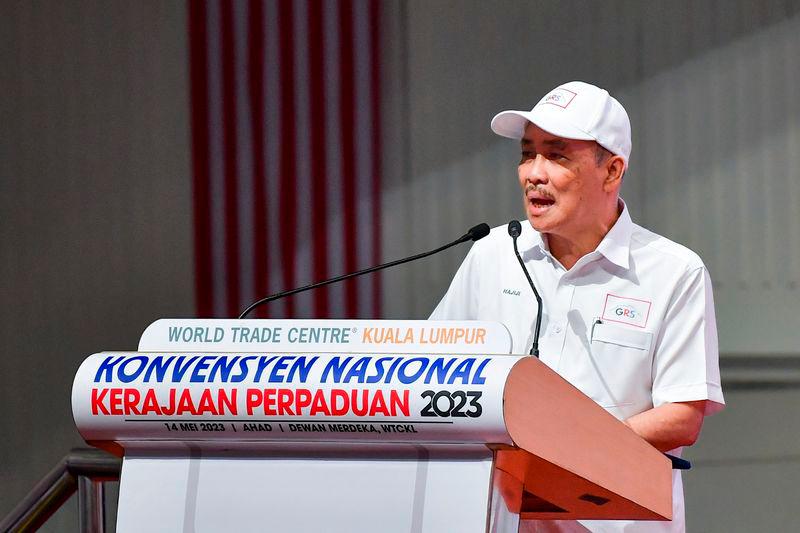KOTA MARUDU: The Sabah government, through its government-linked company (GLC) Sawit Kinabalu Group, and in collaboration with the Agriculture Department, has embarked on a 100-hectare paddy cultivation pilot project at Kampung Ongkilan, here.
Chief Minister, Datuk Seri Hajiji Noor, said that the pilot project aims to help the state government achieve a rice self-sufficiency level (SSL) of 60 per cent, by 2030.
“Food security is a major global issue, and Sabah is no exception. The state requires at least 400,000 tonnes of rice annually, yet domestic production meets only 20 per cent of this demand.
“It is the responsibility of the government to handle food security wisely and effectively, to meet the people’s demand, particularly rice,” he said, in a statement, after launching the project, here, today.
Sawit Kinabalu is employing its full range of resources and advanced technology, including drones, to support rice cultivation operations. The RM5 million project also features an enhanced water pump and irrigation system, for more efficient maintenance.
Hajiji said that the district has about 2,600 hectares of abandoned or idle paddy fields.
“Therefore, actions must be taken to ensure that these abandoned paddy fields can be revitalised. I want more GLCs in Sabah, to emulate Sawit Kinabalu’s efforts,” he said.
The Chief Minister also wants unutilised lands belonging to GLCs to be developed for agriculture, especially paddy, which could be done with assistance from the State Agriculture, Fishery and Food Industry Ministry.
“Sawit Kinabalu’s initiative is in line with the government’s aspiration to develop the state’s paddy and rice productivity.
“I have high hopes that Sawit Kinabalu’s paddy cultivation project will be expanded, to achieve economies of scale and increase the group’s profitability,” he said.
Hajiji said that the state government is committed to supporting initiatives which drive rapid, sustainable economic development, and improve the quality of life across Sabah.
He was pleased to observe that Sawit Kinabalu, in addition to operating palm oil plantations and mills, is significantly contributing to other sectors, such as the barramundi (siakap) breeding project in Langkon, which will further boost the local food industry.
“I urge all government departments and relevant agencies to always take proactive action in bolstering the state’s key economic growth sectors, as stipulated in the Hala Tuju Sabah Maju Jaya,” he said.









